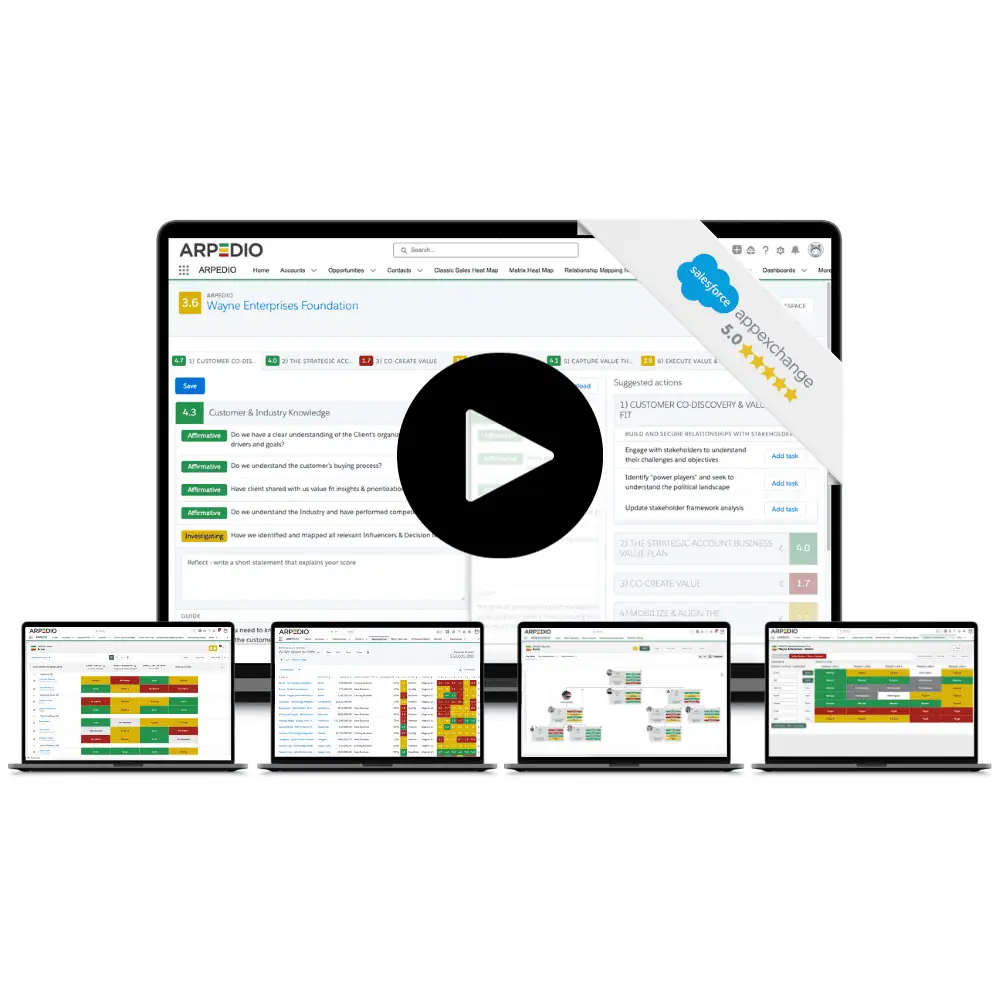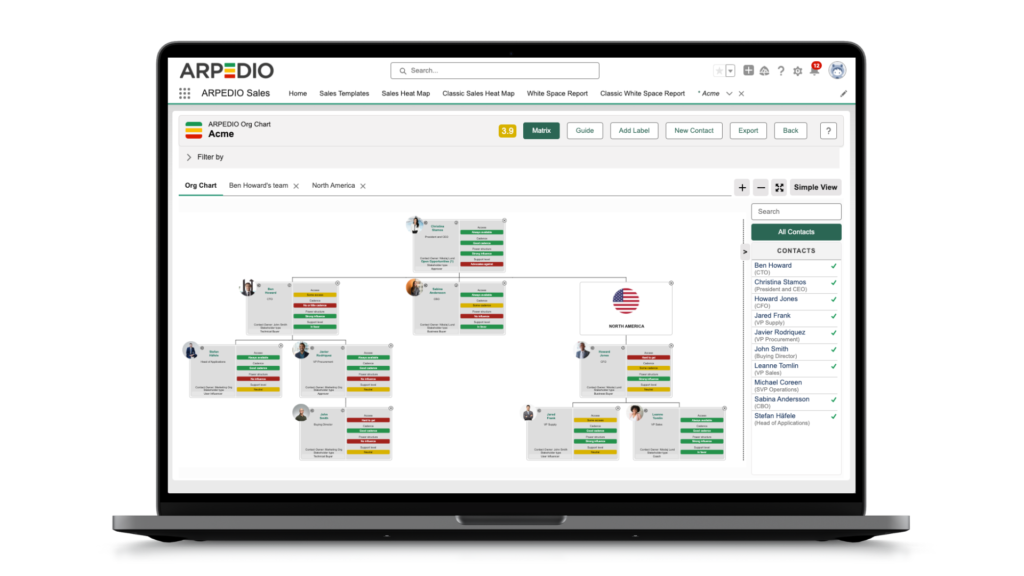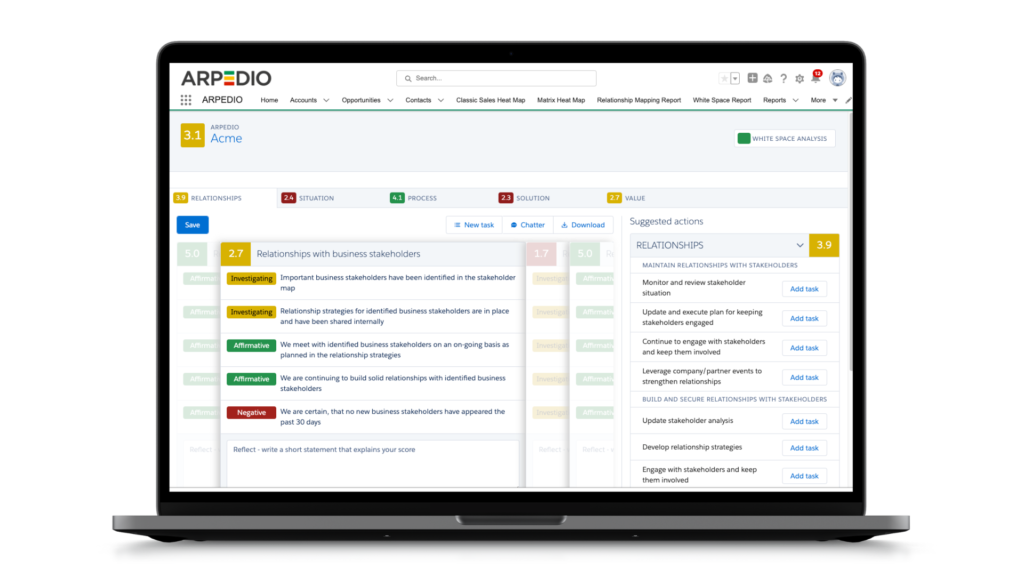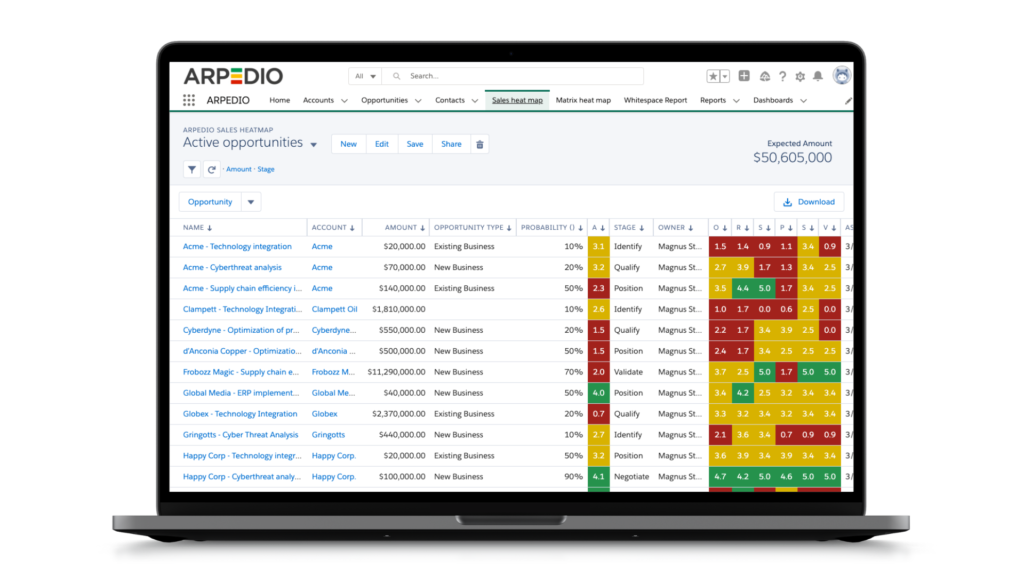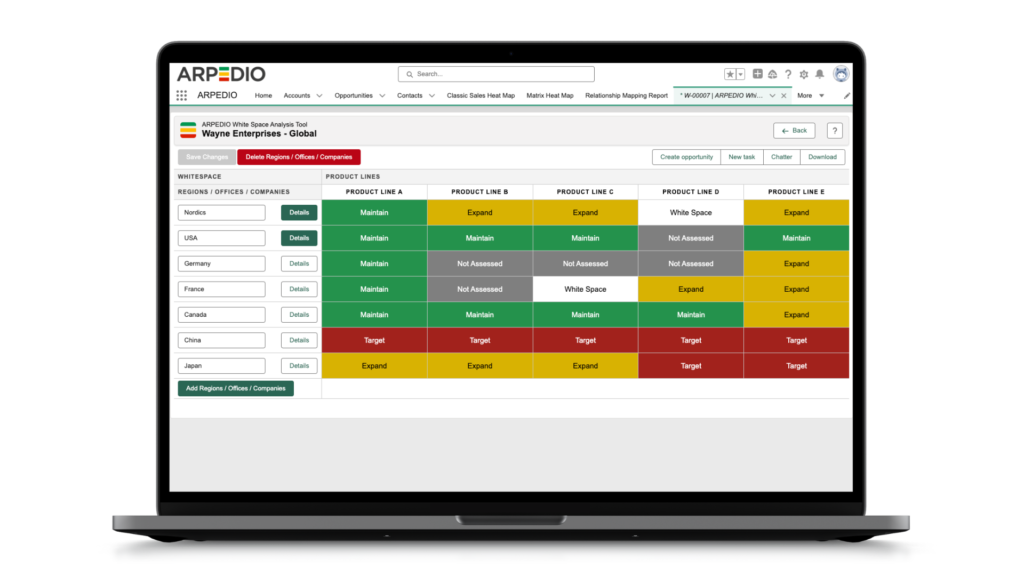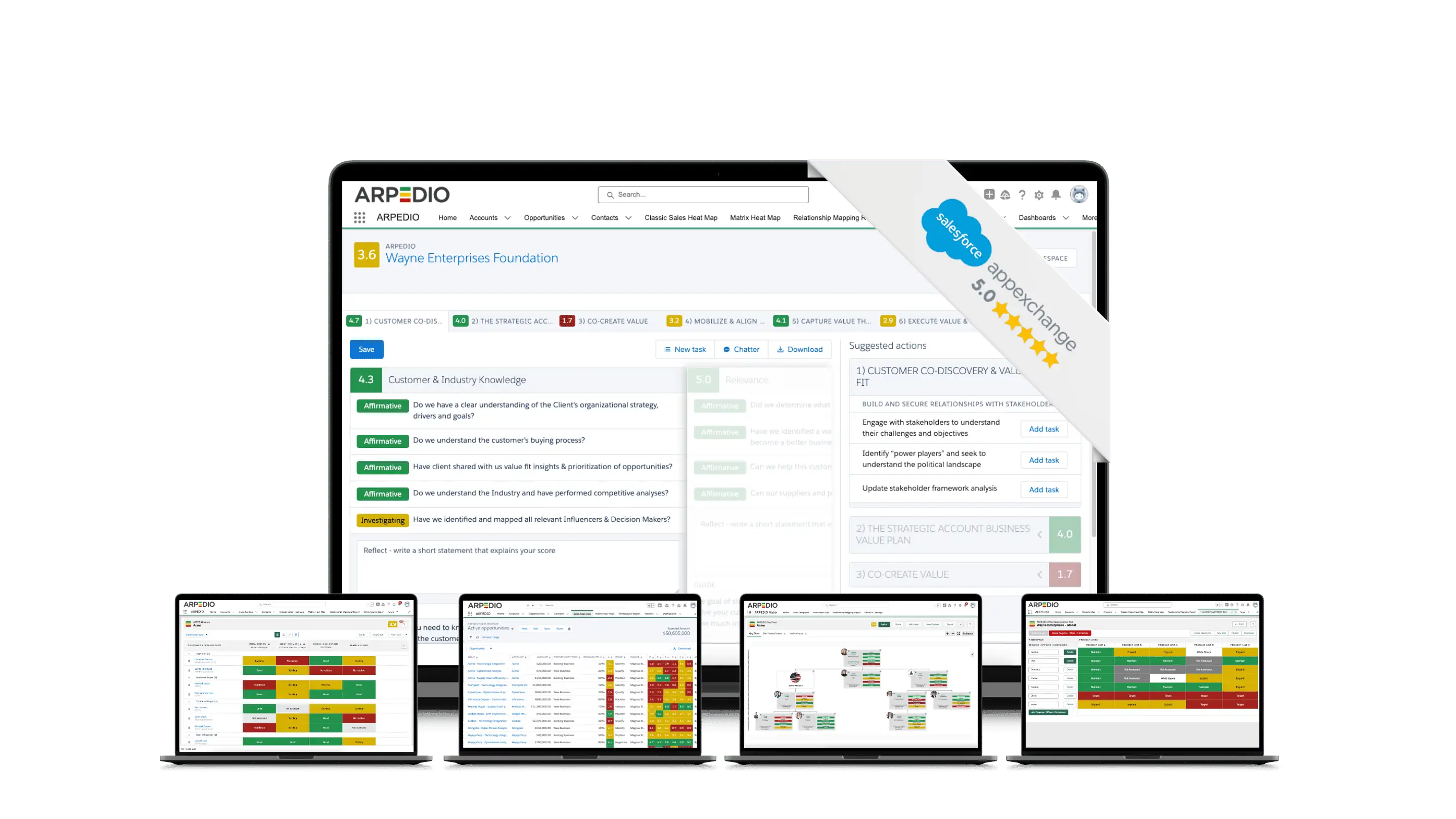Sales forecasting is a critical process that enables businesses to project future sales activity and streamline their business strategy for better results and profitability. With the right sales forecasting techniques, businesses can make informed decisions to allocate resources, adjust inventories, and manage their sales teams effectively.
In this article, we will explore the concept of sales forecasting, the principles that inform accurate predictions, and the benefits of integrating sales forecasting into your business strategy. Whether you are a small business owner or a large corporation, sales forecasting can help you make informed decisions that improve your bottom line.
Key Takeaways
- Sales forecasting helps businesses project future sales and optimize their strategies accordingly.
- Accurate data analysis, market trends, and historical data are crucial to making informed sales forecasts.
- Sales forecasting can aid in resource allocation, inventory management, and sales force planning, all leading to improved results and profitability.
What is Forecasting in Sales?
Sales forecasting is the practice of predicting future sales based on historical data and market trends. It involves analyzing data and using it to estimate future sales, enabling businesses to plan their resources better and align their sales strategies to achieve better results.
Forecasting in sales is a crucial aspect of the business as it enables organizations to make informed decisions and optimize their operations. By accurately predicting sales, companies can streamline their business strategy and increase profitability.
Effective forecasting in sales requires accurate data analysis, knowledge of market trends, and historical information. Companies can use various approaches and methods to forecast sales, including trend analysis, regression analysis, and seasonality analysis.
Overall, forecasting in sales plays an essential role in enabling companies to make better-informed decisions and optimize their resources. By leveraging forecasting techniques, companies can improve their sales strategy and increase their chances of success in the highly competitive business environment.
The Principles of Sales Forecasting
Successful sales forecasting relies on a set of fundamental principles that form the basis of an accurate and reliable prediction. To achieve this, businesses need to employ various approaches and methods that take into account different factors that impact sales projections.
Accurate Data Analysis: One of the most critical principles of sales forecasting is the use of accurate data analysis. This means that businesses need to collect and analyze data from various sources, including historical sales data, market trends, and customer behavior. By doing so, companies can identify patterns and trends that can be used to make informed predictions about future sales.
Market Trends: Another critical principle of sales forecasting is the ability to interpret and leverage market trends. This requires businesses to closely monitor changes in customer needs, preferences, and behavior, as well as changes in the broader market landscape. By doing so, businesses can identify potential opportunities and risks that can impact sales performance.
Historical Information: The use of historical information is also critical to successful sales forecasting. By analyzing past sales data and trends, businesses can identify patterns and trends, as well as potential challenges and opportunities. This information can then be used to adjust sales strategies and make informed decisions that drive better results.
By following these critical principles, businesses can create a robust and effective sales forecasting strategy that can guide decision-making, optimize resources, and ultimately lead to increased profitability.
Streamlining Business Strategy with Sales Forecasting
The art of sales forecasting is not limited to predicting future sales. It can also be used to optimize business strategies by providing a roadmap to align sales initiatives with broader organizational objectives and goals.
Sales forecasting enables businesses to make informed decisions about:
- Resource allocation: How much investment is required to achieve sales targets?
- Inventory management: How much stock should be manufactured or procured to meet demands?
- Sales force planning: How many sales personnel are required to achieve sales targets?
By streamlining these areas of business operations, sales forecasting allows for better resource utilization and more efficient revenue generation.
One of the primary benefits of sales forecasting is that it helps businesses:
- Identify potential market opportunities to boost sales
- Anticipate potential sales dips and take corrective measures to mitigate losses
- Improve overall business planning and decision-making processes
Furthermore, sales forecasting enables organizations to:
- Align sales targets with broader business objectives
- Develop more accurate sales projections
- Improve communication and collaboration among sales teams
By leveraging sales forecasting in strategic decision-making, businesses can optimize their operations for better performance, increased profitability, and a sustained competitive advantage.

